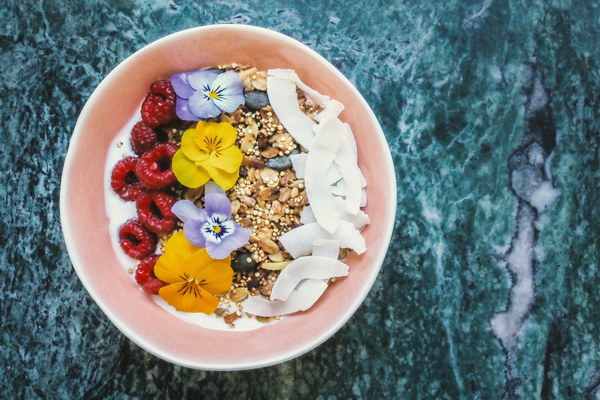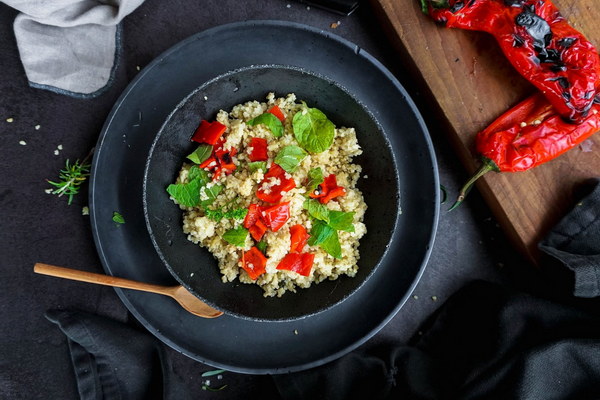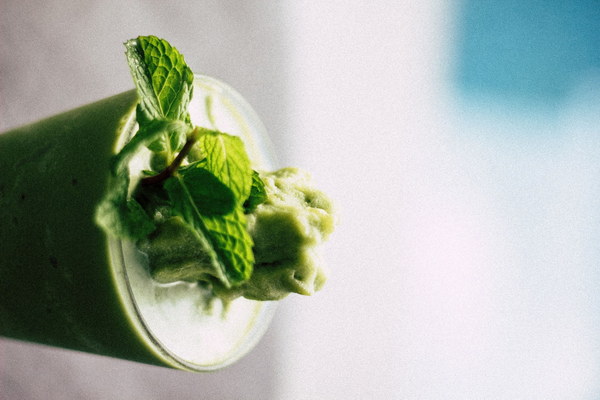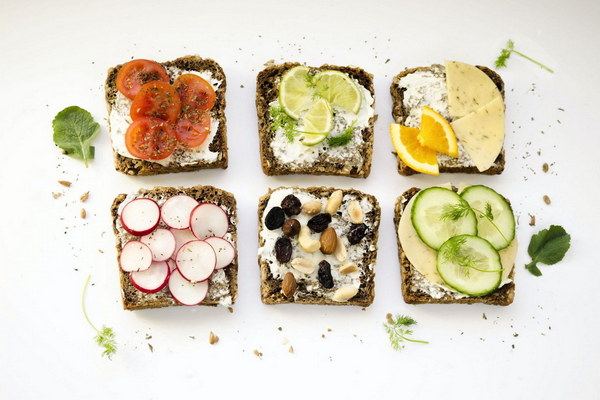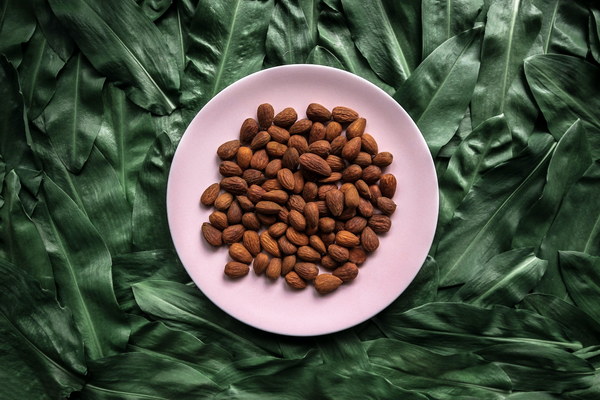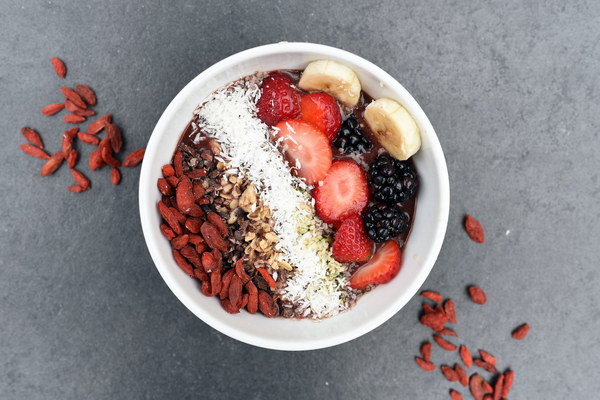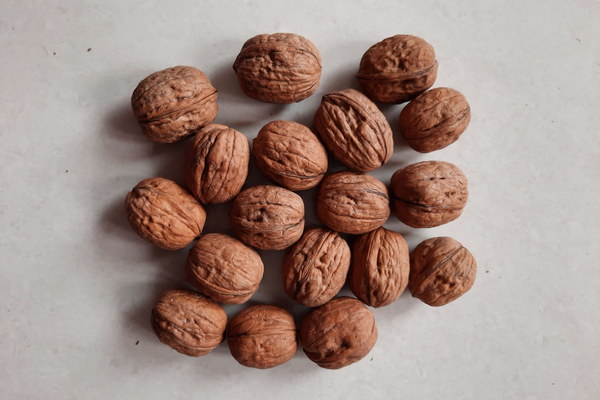Nourishing Blood, Moisturizing Drought, and Relieving Itching A Guide to Daily Dietary Therapy for Skin Health
In the pursuit of healthy and radiant skin, it is essential to focus not only on external treatments but also on internal care. One such internal approach is through the practice of nourishing blood, moisturizing drought, and relieving itching, which is achieved through daily dietary therapy. This article explores the significance of such a therapeutic approach and offers practical dietary recommendations to achieve healthy, supple, and itch-free skin.
The Significance of Nourishing Blood, Moisturizing Drought, and Relieving Itching
The concept of nourishing blood, moisturizing drought, and relieving itching is rooted in traditional Chinese medicine (TCM). According to TCM, the skin is a reflection of one's internal health. When the blood is deficient, the skin can become dry, rough, and prone to itching. Similarly, an imbalance in the body's moisture can lead to dryness and itching as well. By addressing these imbalances through diet, individuals can achieve healthier, more supple skin.
Daily Dietary Therapy for Nourishing Blood, Moisturizing Drought, and Relieving Itching
1. Incorporate Foods Rich in Iron
Iron is crucial for maintaining healthy blood levels, which in turn helps to prevent dry, itchy skin. Foods rich in iron include red meat, poultry, fish, beans, lentils, tofu, and fortified cereals. Including these in your daily diet can help to nourish your blood and improve your skin's health.
2. Consume Foods High in Omega-3 Fatty Acids
Omega-3 fatty acids have anti-inflammatory properties that can help to reduce itching and inflammation. Foods high in omega-3 fatty acids include fatty fish (such as salmon, mackerel, and sardines), flaxseeds, chia seeds, walnuts, and hemp seeds. Including these foods in your diet can help to moisturize your skin and reduce itching.
3. Drink Plenty of Fluids
Staying hydrated is essential for maintaining healthy skin. Water helps to moisturize the skin from the inside out, reducing dryness and itching. Aim to drink at least eight glasses of water per day to keep your skin hydrated and supple.
4. Include Foods High in Vitamin E
Vitamin E is a powerful antioxidant that helps to protect the skin from damage caused by free radicals. Foods high in vitamin E include almonds, sunflower seeds, peanuts, avocados, and spinach. Adding these to your diet can help to nourish your skin and keep it healthy.
5. Embrace Hydrating Foods
Certain foods are naturally hydrating and can help to moisturize your skin from the inside out. These include cucumbers, watermelon, strawberries, and peaches. Including these hydrating foods in your daily diet can help to reduce itching and improve your skin's overall health.

6. Avoid Foods that Trigger Itching
Some individuals may experience itching after consuming certain foods, such as spicy foods, alcohol, and dairy products. If you notice a correlation between these foods and your itching, it may be beneficial to avoid them or consume them in moderation.
Conclusion
Incorporating these dietary recommendations into your daily routine can help to nourish your blood, moisturize your skin, and relieve itching. By focusing on a balanced and nutrient-rich diet, you can achieve healthier, more supple, and itch-free skin. Remember that individual responses to dietary changes can vary, so it is essential to listen to your body and adjust your diet as needed.


